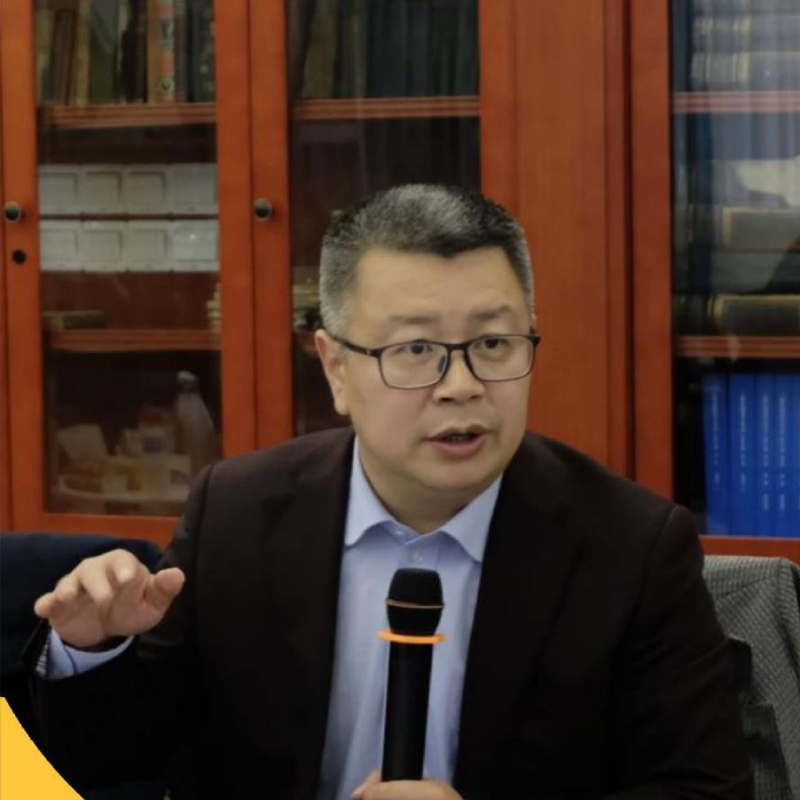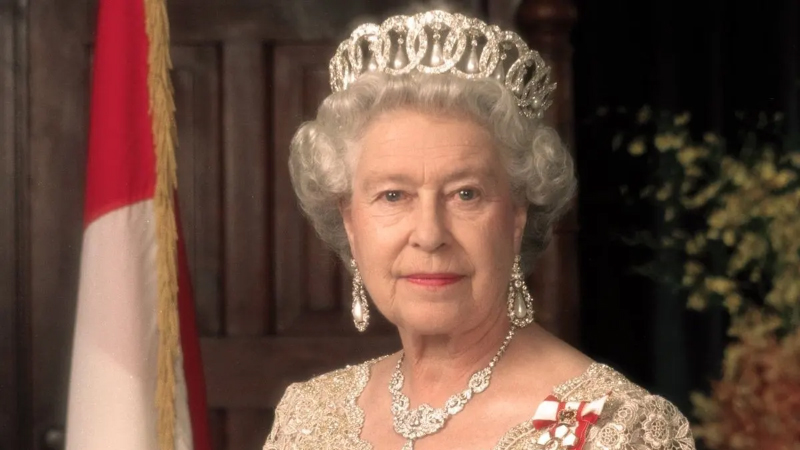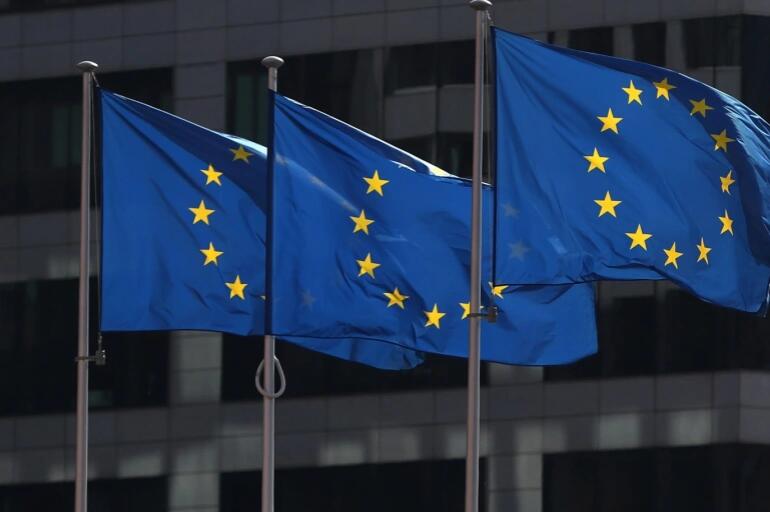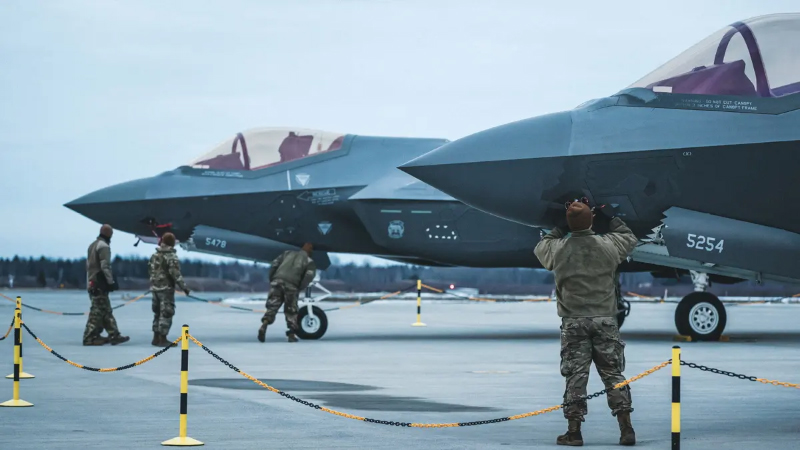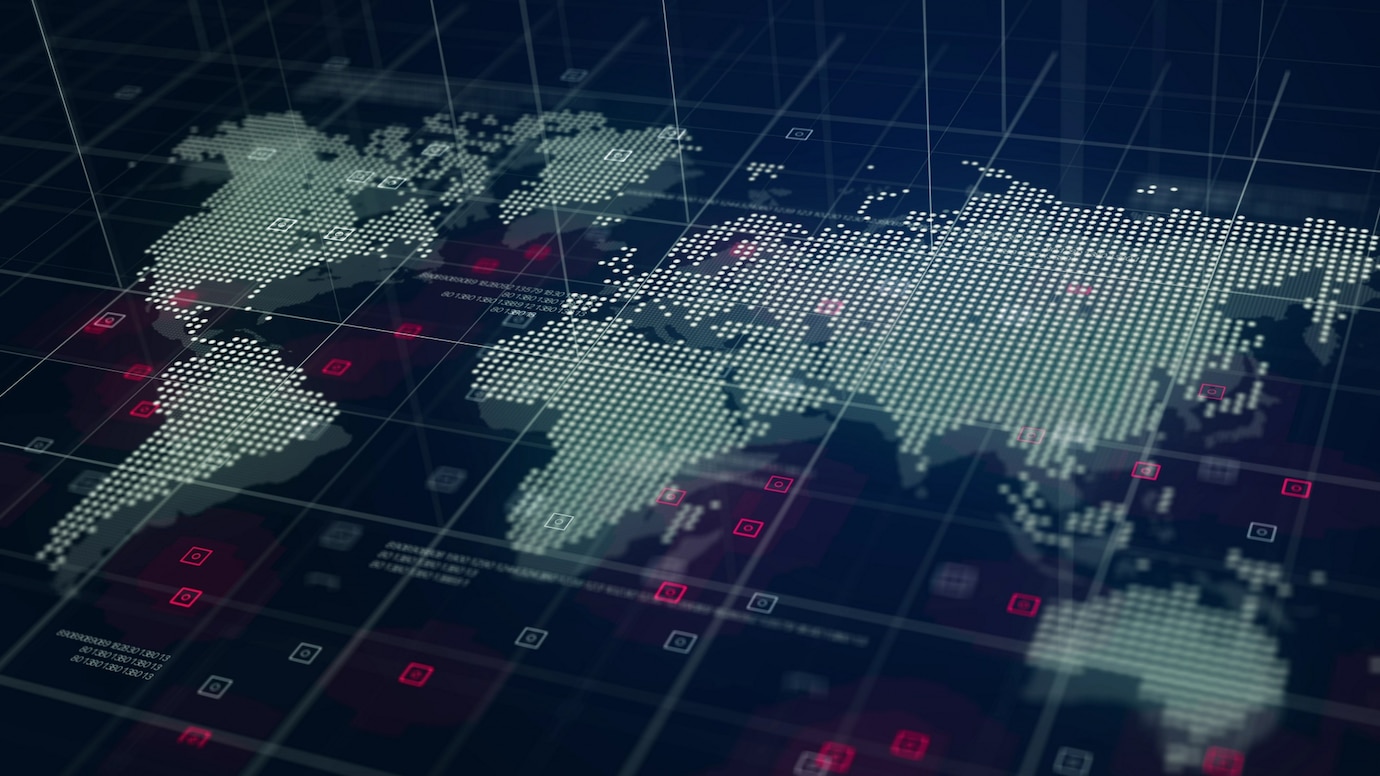
Eurasia faced multiple challenges and great pressures in 2021.
The COVID-19 pandemic remained the biggest challenge for the region last year, magnifying the shortcomings of the Eurasian countries' national strength and governance capacities and triggering chain reactions in economic and social fields. There was a strong correlation between the severity of the pandemic and economic growth. The economic growth of Turkmenistan with zero infections and Tajikistan, Armenia and other countries with less cumulative and existing COVID-19 infectors is significantly higher than that of other Eurasian countries with serious epidemic situations.
The pandemic has also triggered long-term economic, social and other crises. Because of endogenous factors such as crop failure, rising fuel prices and transportation costs and exogenous influences such as disruption of global supply chains, the inflation rate in Eurasian countries has remained high. Coupled with the expansion of foreign debt and rising trade deficits, the potential destabilizing factors in Eurasia continue to grow, leading to frequent large gatherings and protests.
In 2021, China, Russia, the United States and Europe got more involved in Eurasian affairs. Medium-sized powers such as Japan, India and Turkey also showed more obvious willingness to intervene. Institutional competition is thus a new arena for competition.
In February 2021, the Joe Biden administration first tried to prove the superiority of the Western democratic system through platforms such as the Munich Security Conference and the G7 Summit, taking the lead in provoking institutional confrontation. It finally invited Georgia, Armenia, Moldova and Ukraine-countries that the US considers "highly democratic" in the post-Soviet Union era-to attend the virtual Summit for Democracy on Dec 9-10.
During a meeting in Guilin, the Guangxi Zhuang autonomous region, on March 23, 2021, the foreign ministers of China and Russia issued a concise but weighty joint statement on several issues of current global significance, redefining the core norms such as democracy, human rights that have always been regarded as the exclusive domains of the US and the West.
After acknowledging the challenge of "self-confidence" from China and Russia, leaders of the North Atlantic Treaty Organization held a summit on June 14,2021, and finalized the "NATO 2030" agenda, in which containing the rise of China and Russia was among its four core tasks.
As a responding measure against the US and the West, the Shanghai Cooperation Organization decided to start Iran's accession and discuss the road map for cooperation between the SCO and the Collective Security Treaty Organization on the Afghanistan issue through the summit.
Medium powers outside the region also increased their involvement in Eurasian affairs. On June 16, 2021, senior officials from Japan and the five Central Asian countries held a virtual meeting within the framework of "Central Asia+ Japan", making cooperation plans such as the agenda of the foreign ministers' conference. After hosting the regional dialogue on security issues in Afghanistan chaired by Indian Prime Minister Narendra Modi in New Delhi on Nov 10,2021, India also convened the third offline meeting of Indian and Central Asian foreign ministers on Dec 19, deliberating on its all-round strategic cooperation with Central Asia. Turkey expressed its willingness to jointly operate Afghanistan's Kabul airport with Qatar.
The Eurasian states have been playing a major role as independent countries in regional affairs, no longer willing to be mere "pawns "in the games of big powers. Against the background of intensified competition between big and medium-sized powers, small countries' awareness of self-reliance and self-improvement in the region has also increased.
The Consultative Meeting of the Heads of States of Central Asia, which was suspended because of the COVID-19 in 2020, was successfully convened on Aug 6, 2021, in the small town of Avaza on the Caspian Sea in Turkmenistan. The leaders agreed to all-round cooperation in pandemic control and economic cooperation among other areas. Uzbekistan, Kyrgyzstan and Tajikistan established a mechanism for local governors in the Fergana basin to communicate, and Kazakhstan and Uzbekistan officially promoted economic partnership in their border areas.
In 2021, the all-round cooperation in various fields between China and Eurasian countries developed despite the unfavorable conditions. Their high-level cooperation on pandemic prevention goods assistance, technology sharing, vaccine and drug research and development is deepening. On the 20th anniversary of the signing of the Sino-Russian Good-Neighborly Treaty of Friendship and Cooperation, China and Russia officially decided to extend the treaty, enriching its connotations and taking bilateral relations to a higher level.
The recent momentary chaos and disorder in Kazakhstan shows that Eurasian countries are still meeting great challenges of transformation and need to ensure their sovereign independence and territorial integrity through higher quality growth and governance 30 years after the disintegration of the Soviet Union.
On the 20th anniversary of the Shanghai Cooperation Organization, China worked with other member states to formulate new agendas such as innovation and industrial cooperation on digital economic transformation. China will never give up on its resolve to actively inject positive energy into Eurasian affairs, and to promote regional peace, stability and development with the help of various multilateral and bilateral mechanisms and platforms. It will not shatter the consensus of all parties to build a community of interests, responsibility and shared future. China's participation and contribution have cleared the pessimistic air of stagnation, retrogression and hard landing, while making the potential of Eurasia's longer-term growth in 2022 more promising.





